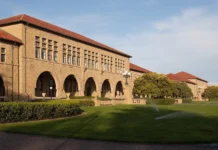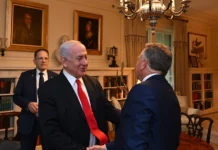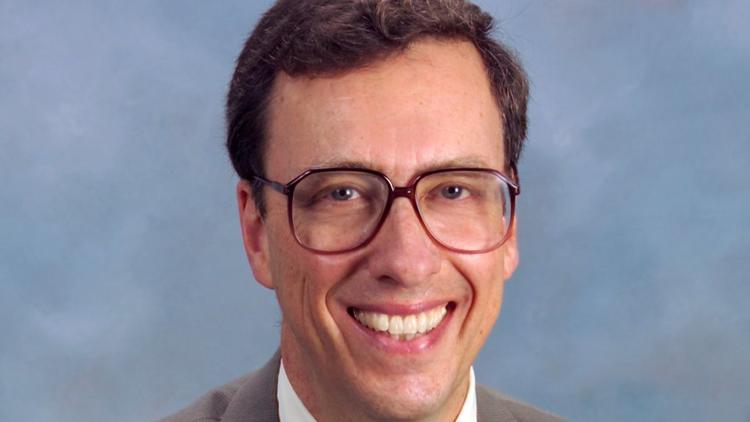Each December, the Association for Jewish Studies holds its annual meeting at a hotel somewhere in North America. 1200 professors typically attend, more than twice the number who come to meetings of the Reform or Conservative rabbinical associations.
Participants come from large public universities and small private colleges to share their most recent research on subjects covering the full range of the Jewish experience. Last year’s program included talks on Jews in Italy and Guatemala as well as Jewish libertarians, the 19th century etrog trade, Jewish farming communities, Jewish incantation bowls, and the hebrew spoken by Russian immigrants to Israel. There were also papers on Irving Howe, Maurice Sendak, and Cynthia Ozick as well as Hasidic Yiddish, Jewish museums, and Jews in business as well as the more predictable topics of Bible, Kabbalah, Israel, and the Holocaust.
Since the Association was created in 1969, Jewish studies has spread throughout American institution of higher education. There are now major centers at the universities of Pennsylvania and Michigan as well as Yale and NYU, some of which didn’t welcome Jews just a few generations ago.
The thousands of scholars in this field have provided important insights into the Jewish past and present, as is clear from the contents of its numerous journals. They have also translated important Jewish works into English, so that many Jewish classics can now be read without knowing Hebrew (or Aramaic or Arabic). We, therefore, now know about unfamiliar Jewish communities, such as those in the Far East and South Asia, as well as groups like the Karaites and the Frankists, not to mention early Christianity (which was, after all, a Jewish sect). Three years ago, Marina Rustow, who moved from Johns Hopkins to Princeton University, received a MacArthur (“genius”) grant for her work on the thousands of documents from the geniza of a medieval Cairo synagogue, signalling the field’s acceptance within the larger academic world.
Since many of the positions these scholars hold were funded by Jewish donors, the field’s growth is not entirely the result of acceptance by college administrators, but also Jewish efforts to address perceived ignorance or bias (that same motivation is now leading to the creation of programs in Israel studies).
At the same time, the growth and breadth of these programs raise several issues for the Jewish community. Most important, is the emergence of a new “class” of Judaic intellectuals who are not rabbis (or even, sometimes, Jews). As a result, the Jewish community’s intellectual and spiritual leadership are now separate, with those more intellectually inclined moving into academic settings while the rabbinate becomes more pastoral.
Shifting the intellectual center of the American Jewish community outside of Jewish institutions can be productive, yielding valuable insights into the Jewish past and present as Jewish thinkers are exposed to innovative approaches from the social sciences and literary theory. But it can also be deeply unsettling. For example, it is now clear that not all Jews in biblical times were monotheists, that the early rabbis were just one of several streams of ancient Judaism, and that only some Jewish communities experienced the Holocaust. In other words, it is no longer obvious that there is or has ever been a single, “normative” form of Judaism or even, maybe, a “mainstream.”
Academic Jewish Studies traces its roots back to nineteenth century Germany, where Abraham Geiger dreamt of creating university faculties of Jewish studies. He didn’t live to see his dream fulfilled, since religion was then taught in (Protestant) theological departments. But today it is a reality at colleges throughout North America, as well as in Europe, Asia, Australia, and, of course, Israel.
The explosion of Jewish Studies at secular universities is both a valuable communal resource and sign of Jews’ acceptance. But it has also reduced the Jewish community’s control over many of its brightest and most knowledgeable thinkers. Abraham Geiger would surely be amazed to learn that his dream of faculties of Jewish Studies has been realized, not to mention that this has taken place in America. But, having served as a congregational rabbi, he might also be unnerved at the consequences of that achievement.
Frederick E. Greenspahn is the Gimelstob Eminent Scholar of Judaic Studies at Florida Atlantic University in Boca Raton.
























